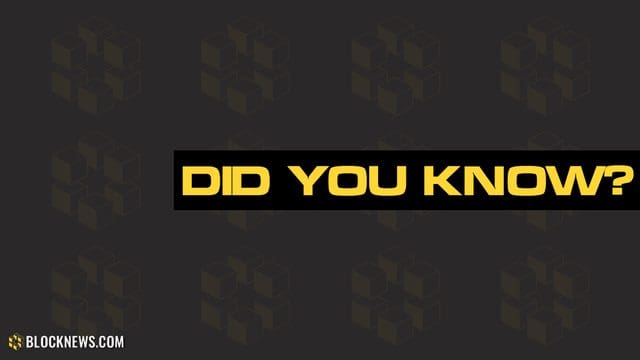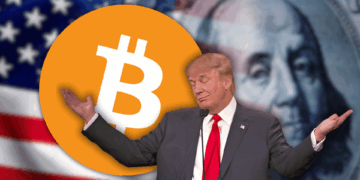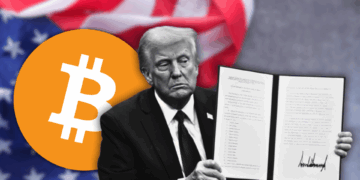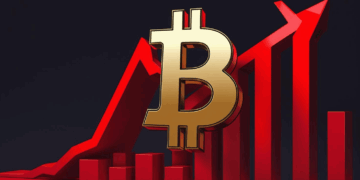What is it?
Cryptocurrency is one use case arising from distributed ledger technology. Cryptocurrencies utilize cryptography to remain secure. Transacting with them is nearly untraceable because the digital wallets stored in cryptocurrencies are not identifiable beyond their wallet address. Transaction records are stored and encrypted onto the blockchain, the DLT infrastructure on that cryptocurrencies are based.
Cryptocurrencies are categorized as either coins or tokens, with the difference being that coins have their own native blockchain ecosystem, and tokens do not. All cryptocurrencies are either coins or tokens but are referred to as different types based on their use case. For example, there are utility coins, social tokens, remittance coins, and governance tokens, all of which are cryptocurrencies but are labeled based on what they’re used for.
Utility coins—utility tokens if they don’t have their own blockchain—can be used to stake in a network to give users access to certain benefits. For instance, some blockchains allow staking for a say in platform progression. By staking a utility coin, users can have a say in the direction of the network’s development. Social tokens can be given as rewards to incentivize user participation in a network; social tokens are usually redeemable for various prizes.
Remittance coins are designed to act as a secure and decentralized medium of exchange and digital payment for goods and services. Governance tokens allow participation in network governance through a direct and monetary democracy model. By holding a governance token in a crypto wallet, users can vote on new blockchain protocols and have a direct say in how the network is governed.
How is crypto different from fiat currencies?
The main difference between regular fiat money and cryptocurrency is issuance. Fiat currency is centrally controlled and administered, meaning that only a centralized (usually government-controlled) entity can increase supply. In the United States, only the Federal Reserve has the power to do this. Since the United States abandoned the gold standard in 1971, fiat currency has become inflationary; its value will only decrease over time because its supply can be increased infinitely. Every dollar created by the Federal Reserve that enters circulation is marked, and only marked dollars can be transacted as legal tender. That makes the United States economy extremely centralized as the Federal Reserve is the only authority that controls the entire money supply.
There are two models for cryptocurrency issuance. The first model is deflationary, where new cryptocurrency tokens are released in set amounts over a scheduled period. Wach release unlocks a smaller number of new coins than the previous release.
This is the model that Bitcoin uses where its scheduling period (referred to as a halving event) to reduce the number of new BTC tokens released occurs about every four years—after the formation of every 210,000 blocks. In 2009, the number of new BTC tokens unlocked through mining was 50; every halving event since has “halved” the number of new tokens released. So, over time, the supply decreases; as fewer tokens are in circulation, their value increases. Cryptocurrencies that utilize the deflationary issuance model typically have a fixed supply that cannot be increased. For Bitcoin, when all 21 million $BTC have been mined, the total supply will be in circulation. It is predicted this will take place around the year 2140.
The second model of cryptocurrency issuance is inflationary, where the supply of a given currency is unlimited. However, this model does not devalue the purchasing power of a cryptocurrency as it does with fiat money because the release of new tokens into the circulating supply in this model is highly restricted; they cannot increase the money supply as much as they want. The amount of new tokens that can be released for a cryptocurrency with an inflationary issuance model is stagnated, so the token’s price will not be negatively impacted.
These issuance models allow for the value of a cryptocurrency to increase with more adoption, which incentivizes users to save.
Another significant difference between cryptocurrency and fiat money is the fractionalization that crypto allows for. For example, a single United States dollar can only be divided into 100 units or cents. In contrast, one cryptocurrency token (depending on the token) can be divided into significantly more than that. For example, a singular Bitcoin can be divided into 100 million satoshis, the smallest denomination (1 satoshi equals 100 millionths of a Bitcoin). Therefore, the supply of cryptocurrency and to be relatively high with demand because one extremely valuable token can just be divided into micro units.
What are the benefits of crypto?
The most significant benefits of cryptocurrency are its efficiency, accessibility, security, and emphasis on user privacy and anonymity. Distributed blockchain networks allow transactions to be conducted with cryptocurrency and can be settled even faster than Visa. Cryptocurrency’s ability to be fractionalized into micro currencies, or micro-equity, makes investing more accessible for more significant consumer demographics. Cryptocurrency is also ubiquitous and borderless, and its marketplaces operate 24/7, so anyone can access it anytime, from anywhere.
Cryptocurrency is decentralized, with no single authority controlling its supply, allowing direct peer-to-peer transacting without intermediaries. Participation in cryptocurrency networks is permissionless and open to everyone, without the requirement for identification so that users can remain private and anonymous in their financial affairs.
Cryptocurrency presents a great possibility of separating the economy from the state and democratizing the financial industry















